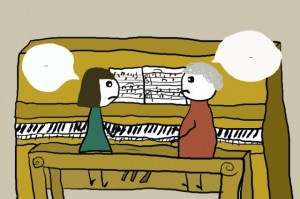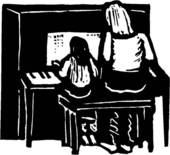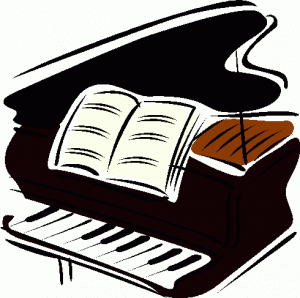 Kids get sick. They sneeze and cough and wipe their noses with the back of their hands and then come into the piano studio and play on the keyboard. It’s a miracle that piano teachers don’t get sick more often as they should. Perhaps the constant exposure to germs help in strengthen the immune system.
Kids get sick. They sneeze and cough and wipe their noses with the back of their hands and then come into the piano studio and play on the keyboard. It’s a miracle that piano teachers don’t get sick more often as they should. Perhaps the constant exposure to germs help in strengthen the immune system.
Neither do piano teachers go to the toilet like normal people do. “We can hold it like nobody else,” said one. It’s true. They cross their legs and beat the time and five hours later their legs are still crossed.
Not that these subtle observations would bring insights into the quality of teaching, but sometimes a student wonders about the indestructible quality of his piano teacher, how she counts, one-and-two-and, how she throws herself passionately on the piano to demonstrate a phrase, and just as he thinks she is going to have a nervous breakdown after listening repeatedly to his miserable wrong notes, she calmly asks him to please play the phrase one more time.
Image from Peas and Cougars.




